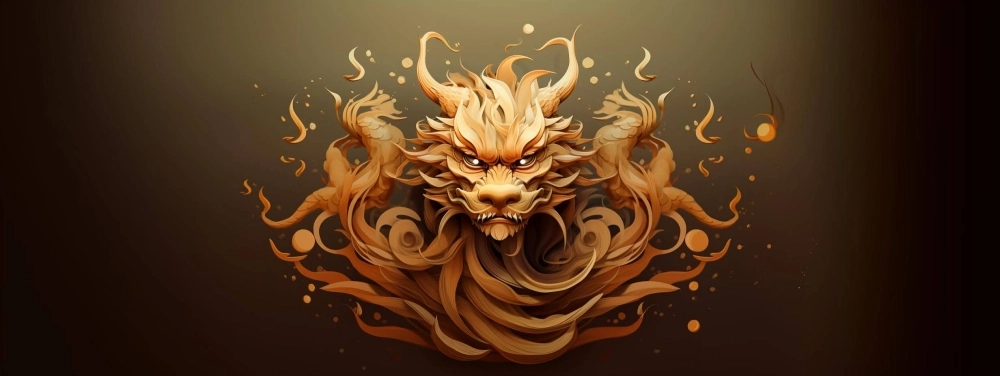明けましておめでとうございます! (Akemashite omedetō gozaimasu!, Happy New Year!) It’s 2024, the year of the 辰 (tatsu, dragon) — the lone mythical creature among the 十二支 (jūnishi, 12 signs of the Chinese zodiac).
The reason why the fictional dragon made the cut into the 十二支 is a mystery, but the prevailing belief goes that is because it has a profound connection to us.
The variety of the kanji characters representing dragons partly explains their popularity. While the kanji 辰 (shin, tatsu, toki, hi) is generally used for the description of the 十二支, two other characters — 龍 (ryū, ryō, tatsu) and 竜 (ryū, ryō, tatsu) — also signify dragons. Although the kanji 龍 represents the old form and 竜 is the more broadly employed version today, both are still standard and frequently used for boys’ names (龍平 [Ryūhei], 竜也 [Tatsuya]) and those of sumo wrestlers (朝青龍 [Asashōryū], 豊昇龍 [Hōshōryū]).


















With your current subscription plan you can comment on stories. However, before writing your first comment, please create a display name in the Profile section of your subscriber account page.